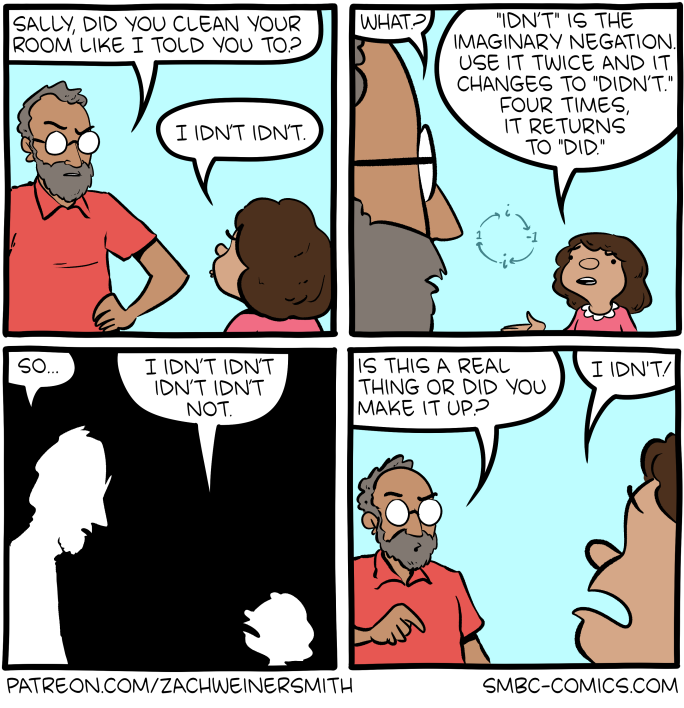In a comment on "Reading Instruction in the mid 19th century", Rachel Churchill asked
Does contrastive emphasis (as in "George or his brother") exist in all languages? If not, which ones don't have it?
I've sometimes noticed non-native English speakers – even those whose pronunciation and accent are pretty good – failing to use it. For example, they might say "This one is fifty GRAMS, but the other one is twenty GRAMS", where a native speaker would emphasise the "fifty" and "twenty" rather than the "grams". I'm guessing it's because their native language doesn't use contrastive emphasis and maybe they've never been taught the concept, but I don't know this for sure.
I responded:
See Yong-cheol Lee, Bei Wang, Sisi Chen, Martine Adda-Decker, Angélique Amelot, Satoshi Nambu, and Mark Liberman, "A crosslinguistic study of prosodic focus", IEEE ICASSP, 2015. The abstract:
We examined the production and perception of (contrastive) prosodic focus, using a paradigm based on digit strings, in which the same material and discourse contexts can be used in different languages. We found a striking difference between languages like English and Mandarin Chinese, where prosodic focus is clearly marked in production and accurately recognized in perception, and languages like Korean, where prosodic focus is neither clearly marked in production nor accurately recognized in perception. We also present comparable production data for Suzhou Wu, Japanese, and French.
See also "Victor Hugo, hélas", 4/13/2024, "LÀ encore…", 4/14/2024, and "Intonational focus", 4/21/2011.
Roger C. continued the discussion:
In Spanish, focus contrast is generally achieved by changes in word order; syntax is more flexible than in English.
And I responded:
I'm guessing that (as in French) the word-order changes are combined with tonal and durational changes, and that in some cases (as in corrective focus on number or letter strings), the prosodic changes are the only cues.
Read the rest of this entry »

